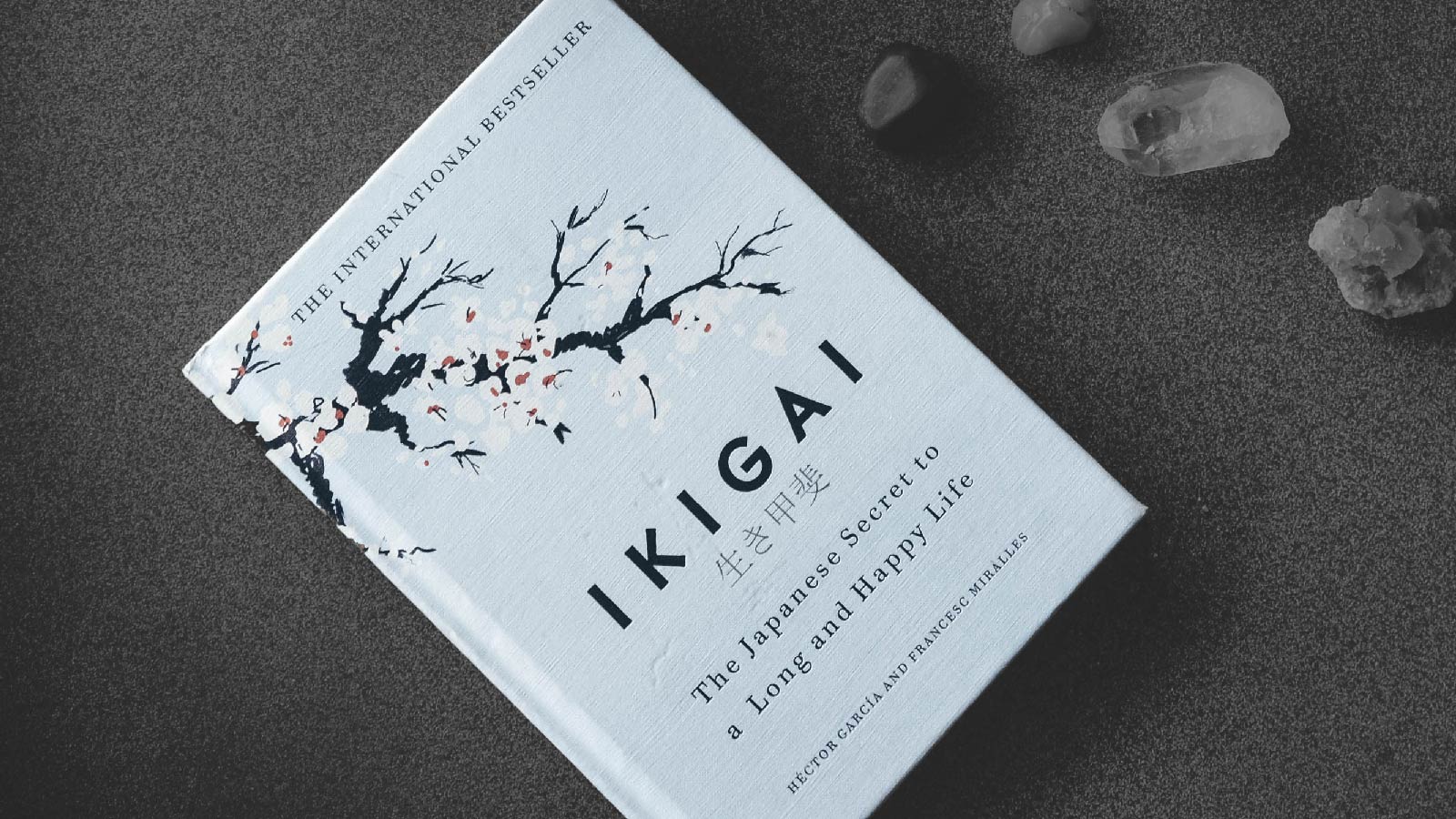Sometimes, small changes you’re forced to make reveal bigger ones you may need to make.
The last nine months have given all of us the chance to do a bit of reflecting and evaluation. Many companies, including ours, have had to navigate near-death experiences. Thankfully, we did bounce back in the fourth quarter. But plenty of others have had to close altogether. The struggle has been real—and ongoing. In our case, I believe the struggle is making us a better company. How? By seeing the requirement of change as an opportunity to improve.
I know. It sounds so cliche.
Consider your last nine months or so. What has changed in the way you live and work? How does that inform how you want to live and work going forward? What have you missed the most? What do you not miss at all? Finally, what about the new order—if anything—have you enjoyed a little more than you expected to? The small changes each of us has made also signal that we are re-thinking the values that inform how we want to work and live going forward.
Small changes: Many of us have had to WFH for the first time. Did you have to carve out a new space under the stairs or in a shed so that you’re not in the same room as your kid’s geometry class or your partner’s zoom calls? Maybe you bought a new office chair to replace your barstool, or got something better than your ironing board as a desk. What were the minimum requirements you found yourself needing in order to be productive? Being forced into smaller changes like these tend to get us thinking about the larger ones that we might also need to consider.
Big changes: What did being away from the accoutrements of the office reveal to you about the essence of the actual work you do every day? Removing lunches with co-workers, actual happy hours, conference room brainstorming sessions, in-person client meetings, and the usual banter about your commute, leaves you with the real work, the tasks and projects you do (or–more time to shop online without worrying who is peeking at your computer screen). So how did that feel?
Conversely, what has the immersion in your own living space and the humans (or animals) that go with it revealed about your home life and relationships?
Carefully considering these questions has led many to make some significant changes, like moving to a different home or city, changing jobs, or scrutinizing important relationships–at home, work, or both.
Resources and capacity are limited. Life is short. At our small company, we decided to revisit our core values, WHY we’re actually in business, and HOW we want to work going forward. We’ve encouraged our employees to do the same as individuals.
Besides the more contemplative side of this exercise, practically speaking, our reduced team no longer has spare energy to spend on engagements that just don’t align with the new ways we wish to work and live. And while the moment has dictated that we prioritize revenue, we’ve also been reminded of how important it is for us to be disciplined in living out our core values. Why? Because we simply can’t afford NOT to. We now comprehend on a deeper level that we must spend more of our time doing what we love (and doing our best work) and less time doing what we don’t like (or work that doesn’t allow us to shine).
In 2016 Hector Garcia and Francesc Miralles published their international bestseller, IKIGAI: The Japanese Secret to a Long and Happy Life. Your IKIGAI is simply the meeting place of what you love, what you’re good at, what the world needs, and what you can be paid for.
IKIGAI is a simple concept that will take some time to appropriate into your life – but now seems like a good moment to embark on the journey toward it if you haven’t already. The book is a quick read and is a great starting point.
For your business, another important piece of content worth your time is Fjord’s 2021 trends. Fjord is Accenture’s design and interactive practice. The report notes that “Brands must question everything they thought they knew about their customers and understand what shifts in their behavior will be long term.” A lot has changed already. Some of these changes will be adopted as permanent. Buckle up because change IS.
What changes have you been forced to make this year? Isn’t it possible that each of those small changes gave us an opportunity to consider whether to make some bigger ones while we’re at it? You may not have a choice (yet). But either way, consider this your moment to align more of your time and effort with what’s truly important to you. If you follow your nose on this, you and the world will be better for it.

